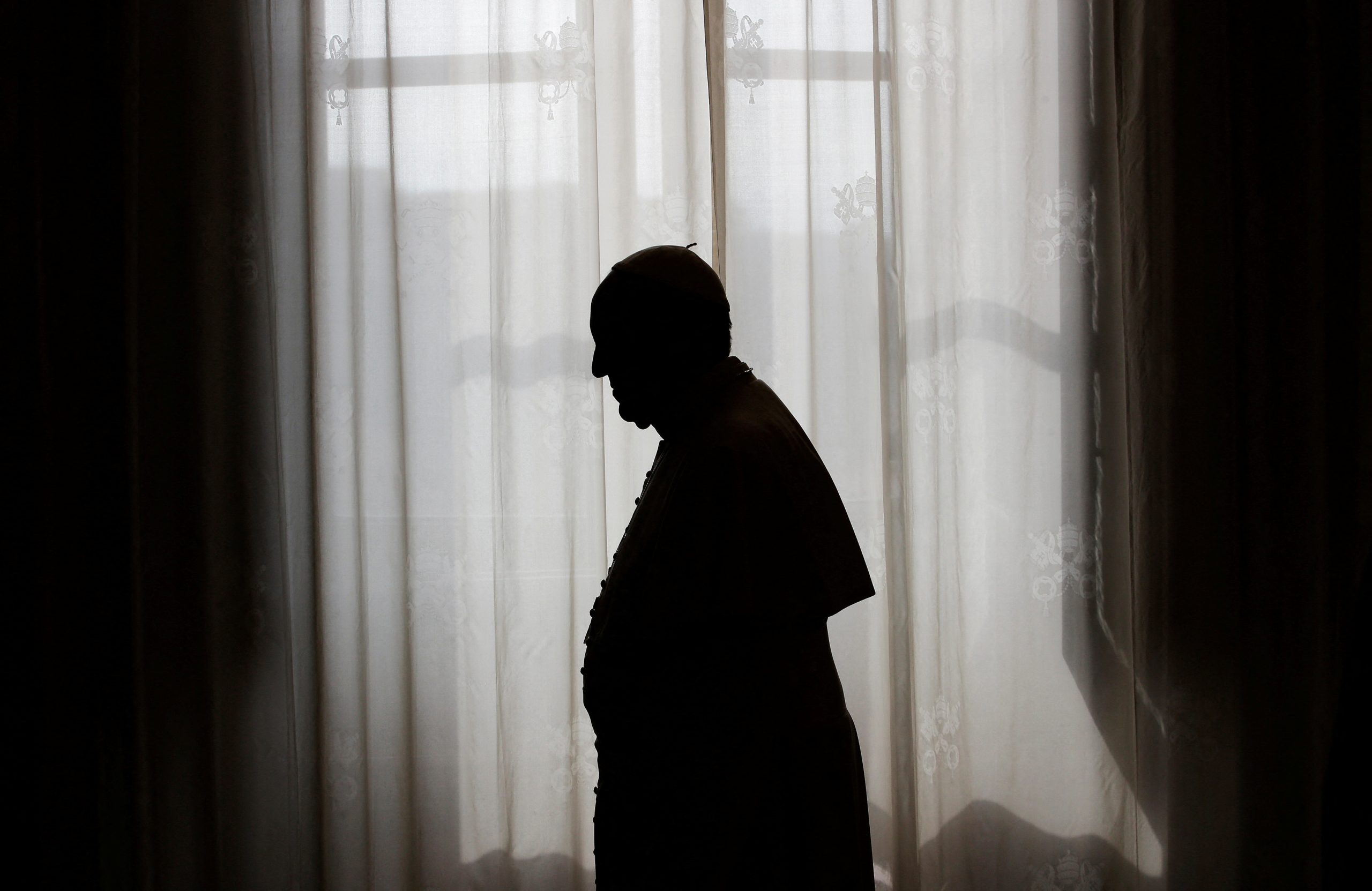
Pope Francis, the first Latin American and Jesuit pontiff in history, has died, the Vatican confirmed Monday in a video statement. His death closes a transformative chapter in the Catholic Church, marked by bold efforts toward reform, fierce internal opposition, and an unwavering commitment to simplicity, inclusivity, and social justice.
A New Era Begins
Born Jorge Mario Bergoglio in Buenos Aires, Argentina, on December 17, 1936, Francis was elected pope on March 13, 2013, following the historic resignation of Pope Benedict XVI. His election broke centuries of tradition: he was the first non-European pope in 1,300 years and the first to choose the name “Francis,” inspired by the humble saint from Assisi known for his advocacy for the poor and care for creation.
His first words from the balcony of St. Peter’s Basilica—“Brothers and sisters, good evening”—set the tone for a pontificate that would challenge norms, favor mercy over dogma, and bring the papacy closer to the people.
Simplicity and Service
According to Reuters, Francis shunned the trappings of his office from the outset. He refused the grand papal apartments, preferring to live in the modest Vatican guesthouse. He traded the bulletproof limousine for a blue Ford Focus and wore his old black shoes and a simple silver-plated cross. His vision was clear: “How I would like a Church that is poor and for the poor.”
His first papal trip was to Lampedusa, Italy, where he mourned migrants who died crossing the Mediterranean. That visit foreshadowed a pontificate deeply attuned to the plight of refugees, the marginalized, and victims of human trafficking.
Reformer and Controversial Figure
Francis inherited a divided Church and did little to conceal his intention to reshape it. He made significant structural reforms, overhauling the Vatican’s constitution and allowing lay Catholics—including women—to head major departments. He also named more women to senior roles than any of his predecessors.
Clashes with Conservatives
The tension reached a boiling point in the U.S., where conservative Catholicism often intertwined with right-wing politics. Francis faced public opposition from prominent figures like Cardinals Raymond Burke and the late George Pell, the latter calling his papacy a “catastrophe” in an anonymous memo revealed in 2023.
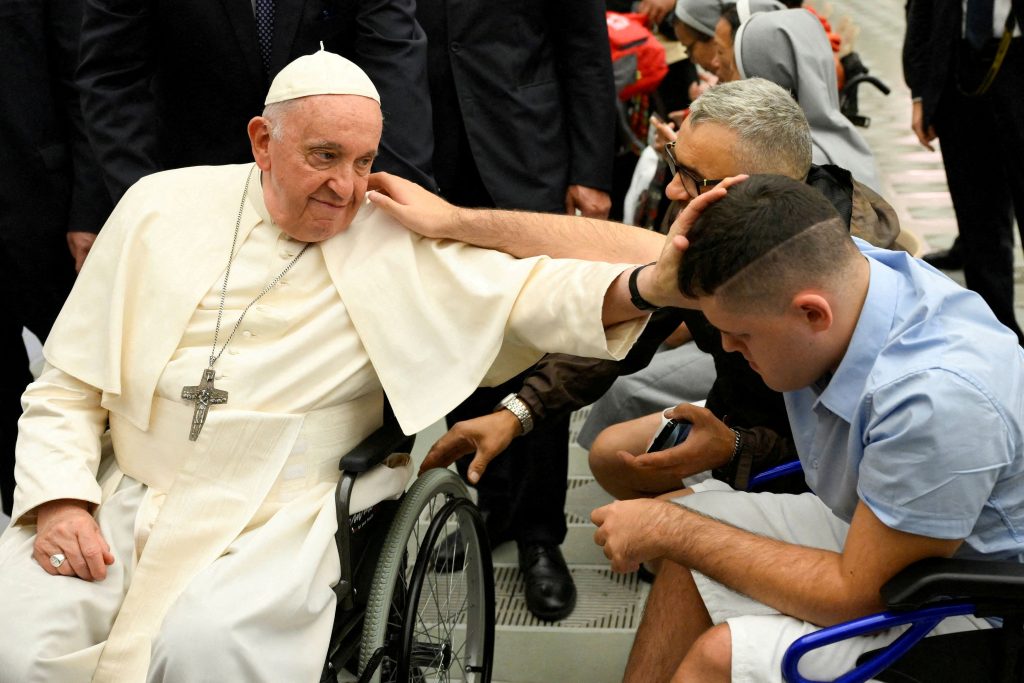
FILE PHOTO: Pope Francis blesses a faithful during the weekly general audience in Paul VI hall at the Vatican, August 9, 2023. Vatican Media/Handout via REUTERS/File Photo ATTENTION EDITORS – THIS IMAGE WAS PROVIDED BY A THIRD PARTY.
Critics accused Francis of diluting doctrine. He was condemned by traditionalists for approving conditional blessings for same-sex couples, challenging the Latin Mass, and denouncing the death penalty in all cases. Some conservative cardinals even accused him of heresy and likened him to the Antichrist.
Francis responded with characteristic restraint—until 2023, when he stripped Burke of his Vatican privileges and removed outspoken U.S. Bishop Joseph Strickland.
Confronting Scandal
Francis’ tenure was also shadowed by the Church’s long-running sexual abuse crisis. Though the bulk of the abuses predated his papacy, he was criticized for initially defending figures accused of cover-ups. His turning point came in 2018 after a disastrous visit to Chile, prompting him to order a full investigation that led to mass resignations among the Chilean bishops.
He later issued reforms making bishops directly accountable and abolished the “pontifical secrecy” that had cloaked abuse cases—measures hailed as steps in the right direction but criticized by survivors as insufficient.
Voice for Peace and Justice
Francis championed causes beyond Church walls. He was a relentless critic of war, capitalism without conscience, environmental destruction, and arms proliferation. His encyclical Laudato Si’ became a rallying cry for climate action. He mediated a U.S.-Cuba thaw in 2014 and signed a controversial agreement with China over bishop appointments.
Despite frequent appeals for peace in Ukraine and Gaza, he failed to broker major diplomatic breakthroughs. His labeling of Russian Orthodox Patriarch Kirill as “Putin’s altar boy” marked a new low in Vatican-Russian Church relations.
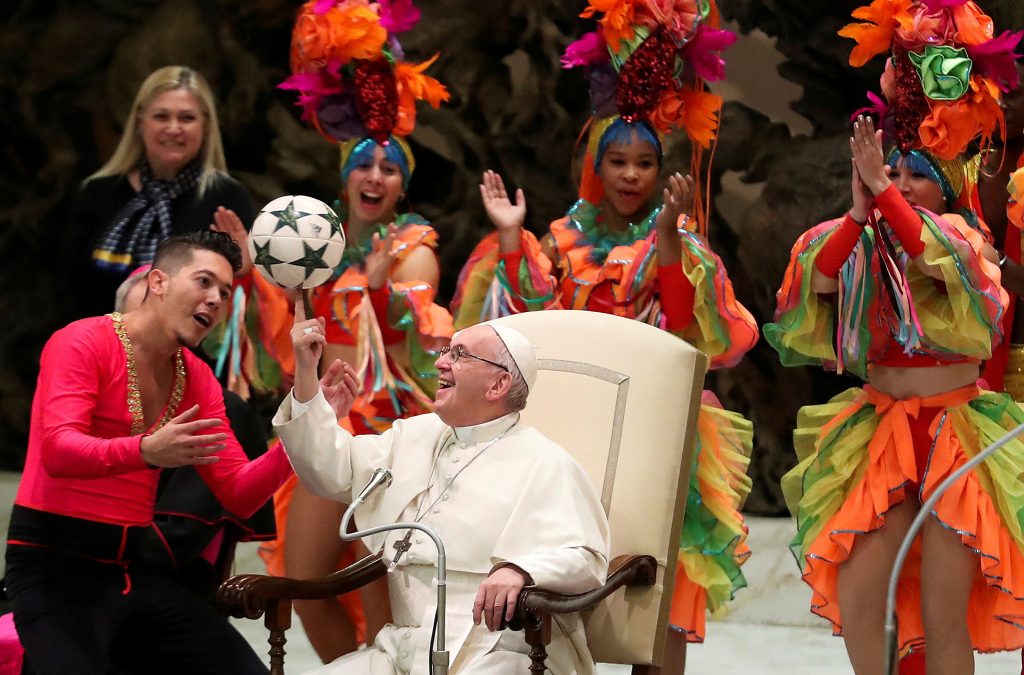
FILE PHOTO: Pope Francis plays with a ball as members of Circus of Cuba perform during the Wednesday general audience in Paul VI Hall at the Vatican January 2, 2019. REUTERS/Tony Gentile/File Photo
A Global Pastor
Francis traveled widely, making over 45 international trips, often to places never before visited by a pope, including Iraq, the UAE, and Mongolia. His 2019 visit to the Arabian Peninsula and signing of a document on interreligious fraternity was seen as historic—and heretical by some traditionalists.
In response to Islamist extremism and global terrorism, he called killing in God’s name “Satanic,” and he openly challenged organized crime during a visit to Sicily.
Human Touch and the “Francis Effect”
Francis’ style was deeply personal. Known as the “cold call pope,” he often phoned ordinary people who wrote to him. His openness with journalists, compassion for LGBT people—“Who am I to judge?”—and heartfelt appeals during COVID-19 earned him widespread admiration beyond Catholic circles.
He never lost touch with his roots. A fan of Buenos Aires’ San Lorenzo football team, he remained “a man of the streets,” even as pope.
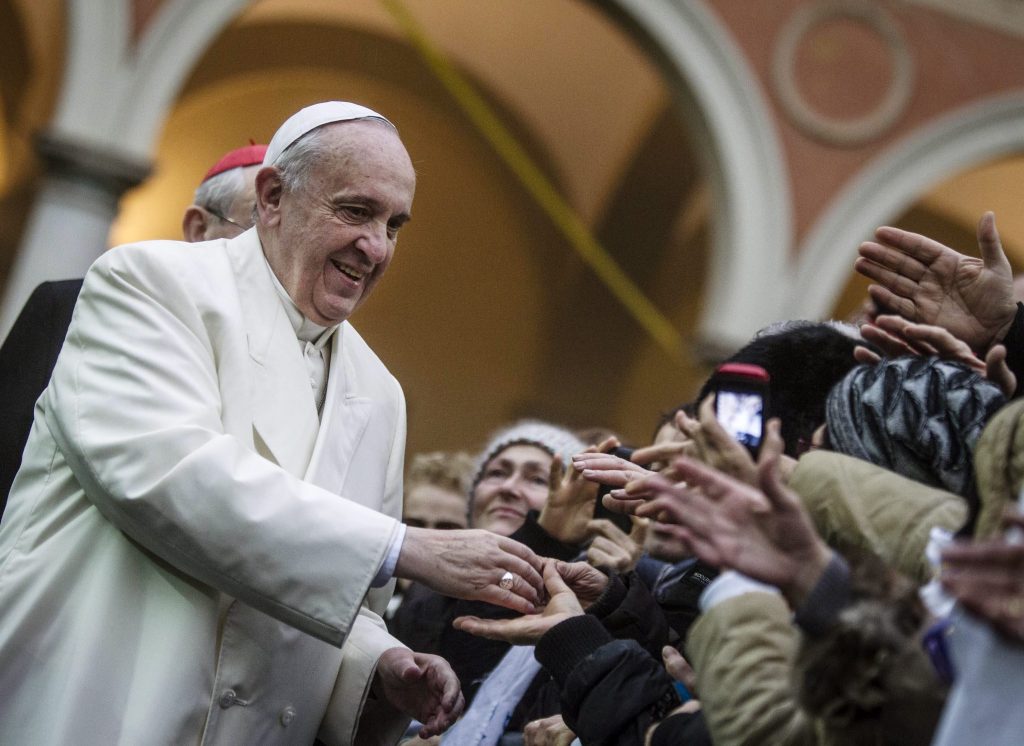
Final Years and Legacy
His health declined in later years, with surgery in 2021 and mobility issues confining him to a wheelchair. But he remained mentally sharp and active, navigating a complex world and a Church in flux.
Francis’ legacy is a Church more engaged with the world, more open to dialogue, and less confined by tradition. His papacy leaves a profound impact—marked by courage, contradiction, and compassion.
In his own words, spoken during the darkest days of the pandemic: “We have realized that we are on the same boat, all of us fragile and disoriented, but at the same time important and needed, all of us called to row together, each of us in need of comforting the other. On this boat… are all of us.”
Now, the Church must decide who will steer next.
Source: tovima.com
Latest News

When Blue Skies was Unmasked as ND’s Political ‘Slush Fund’
The fact that so many top New Democracy (ND) party cadres were paid by the firm Blue Skies, owned by Thomas Varvitsiotis and Yiannis Olympios, without ever citing this publicly, raises very serious moral issues, regardless of the legality

Greek Women’s Water Polo Team Top in the World after 13-9 Win Over Hungary
The Greek team had previously defeated another tournament favorite, the Netherlands, to reach the final.
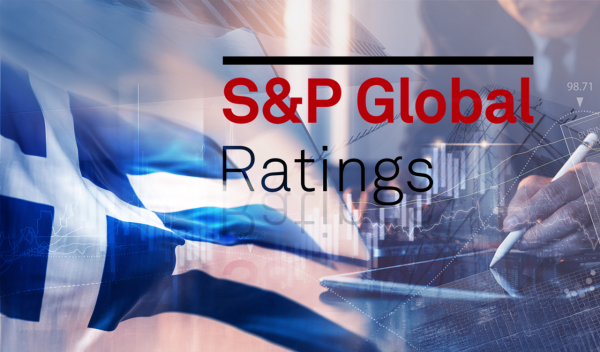
S&P Raises Greek Rating; BBB with Stable Outlook
S&P’s decision raises the Greek economy to the second notch of investment grade ladder, at BBB with a stable outlook.
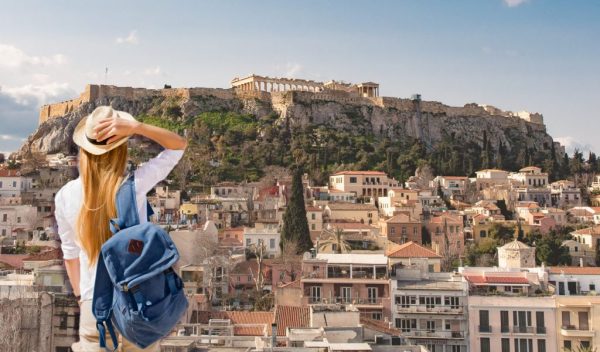
Greek Tourism Optimistic About Demand from American Market
A recent survey by MMGY Global, conducted from April 3–5 with a sample of 1,000 U.S. adults, found that 83% of Americans still intend to take leisure trips over the next 12 months, a slight drop from 87% in late February

New Exposé by Domumento Reveals Nefarious Triangular Link of ‘Black Money’ with New Democracy, Blue Skies, & Truth Team
The latest exposé by the Documentonews.gr news site lays bare what appears to be a surreptitious path of indirect financing of ND through the business sector—transactions that, as widely understood, rarely occur without expectations of reciprocal benefit

PM Meloni Meets Vice President Vance in Rome Signalling Optimism on Ukraine Talks
Meloni emphasized the strength and strategic value of the Italy-U.S. partnership.

Airbnb: Greece’s Short-Term Rentals Dip in March Amid Easter Shift
Data from analytics firm AirDNA shows that average occupancy for short-term rentals dropped to 45% in March, down from 49% the same month last year.

Easter Week in Greece: Holy Friday in Orthodoxy Today
At the Vespers service on Friday evening the image of Christ is removed from the Cross and wrapped in a white cloth

Meloni and Trump Meet in Washington, Vow to Strengthen Western Ties
“I am 100% sure there will be no problems reaching a deal on tariffs with the EU—none whatsoever,” Trump stressed.

ECB Cuts Interest Rates by 25 Basis Points in Expected Move
The ECB’s Governing Council opted to lower the deposit facility rate—the benchmark for signaling monetary policy direction—citing an updated assessment of inflation prospects, the dynamics of underlying inflation, and the strength of monetary policy transmission.










![Πλημμύρες: Σημειώθηκαν σε επίπεδα ρεκόρ στην Ευρώπη το 2024 [γράφημα]](https://www.ot.gr/wp-content/uploads/2025/04/FLOOD_HUNGRY-90x90.jpg)


![Ξενοδοχεία: Μεγάλο το ενδιαφέρον για επενδύσεις στην Ελλάδα – Η θέση της Αθήνας [γραφήματα]](https://www.ot.gr/wp-content/uploads/2025/03/Athens-hotels-90x90.jpg)


![Airbnb: Πτωτικά κινήθηκε η ζήτηση τον Μάρτιο – Τι δείχνουν τα στοιχεία [γράφημα]](https://www.ot.gr/wp-content/uploads/2024/07/airbnb-gba8e58468_1280-1-90x90.jpg)









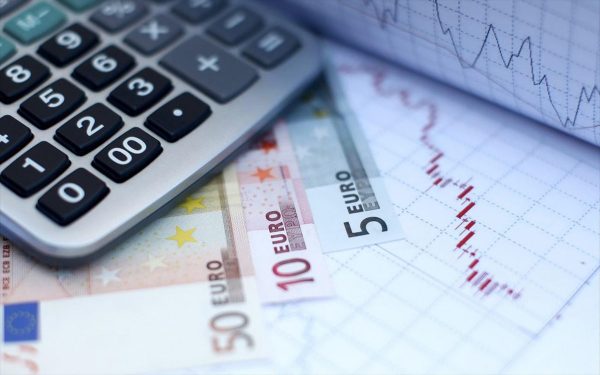


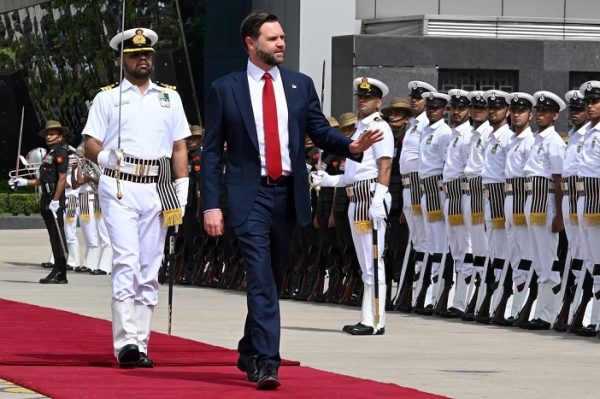
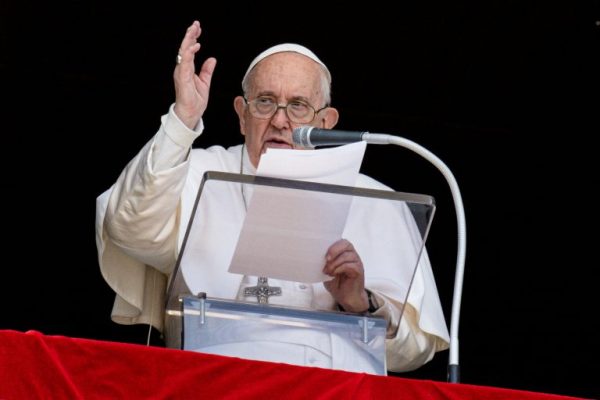
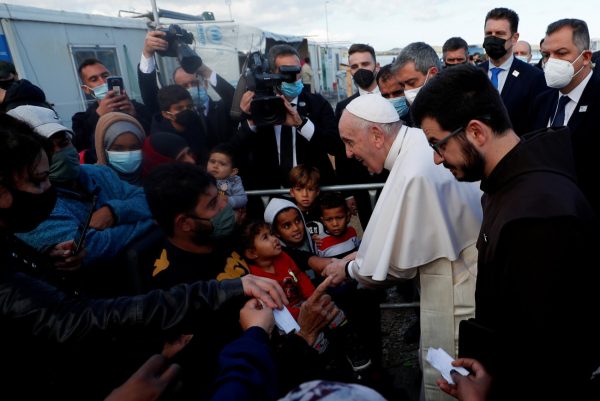



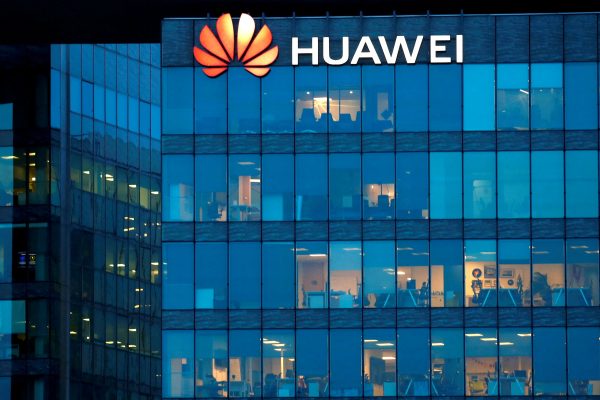


![Ξενοδοχεία: Μεγάλο το ενδιαφέρον για επενδύσεις στην Ελλάδα – Η θέση της Αθήνας [γραφήματα]](https://www.ot.gr/wp-content/uploads/2025/03/Athens-hotels-600x399.jpg)


 Αριθμός Πιστοποίησης
Αριθμός Πιστοποίησης